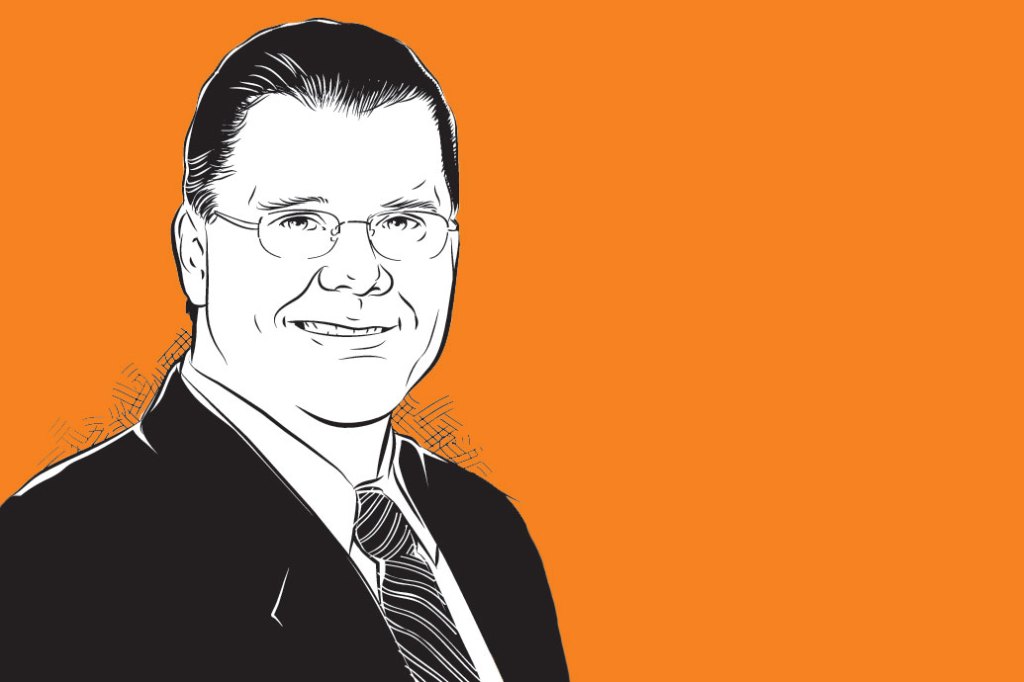When an acquisition takes place, it invariably sets off a chain reaction in which some of the bonds between employer and employee tighten, while others are severed. Many stories about acquisitions focus on attempts to persuade people to stay when a company is sold. There’s usually less talk about the people who depart because of the deal, and what they do next. Quite often you’ll see newly independent employees seeking to connect with new companies and vice versa, just like free-floating atoms seeking a bond.
Take Travis Roofing Supply. It was created in 2015 by Michael Boy after Beacon Roofing Supply bought Roofing Supply Group (RSG). Since then, it has grown to 21 branches, including one opened in March in Nashville, Tenn. A number of Travis’ branches are headed by former RSG employees who didn’t go over to Beacon. Instead, they approached their former colleague, Boy, about getting support to create a new store that now competes with other dealers in the same region where they started.
Sometimes, the bonding begins from the other side. When a company cannot buy an operation in a new market and decides to open a site from scratch instead, it typically seeks to staff that location with salespeople who live in the area. Occasionally, these people are unhappy with their current employer or have broken ranks entirely. So important is it to a greenfield strategy to find the right sales professionals that some companies start with this step before they have a location. This helps test the new market and keeps costs low in case an area is not a good fit. If, however, the area is fertile ground for the dealer, then it will have the added tailwind of revenues on its first day of operation in the new market. Greenfield openings used to be relatively rare on the LBM landscape, but last year saw 52 stores start up, and through March of this year, there were 14 more openings. It’s not just intra-company transfers who are leading those operations.
What’s happening at Travis and at the greenfield launches of more established companies reminds us that construction supply never will be a consolidated industry like automobiles or airlines. There are always new companies that will show up, grab market share, and either buy others or get bought out. Even today, for all the pessimism that exists about the younger generation’s lack of interest in LBM, you’ll find people opening or taking over stores.
These “free radicals” also include veteran dealers who leave an operation with a local noncompete agreement and show up several states over, launching a new yard. They’re so passionate about construction supply that they can’t imagine retiring. Instead, they seek ways to get back into the industry—again, sometimes with the help of companies looking to expand.
If you’re planning to buy an operation, dealing with free radicals created after the deal is a challenge you can expect to confront. Sometimes, these individuals react to acquisitions in unexpected ways, so planning for that possibility is the best course of action.

